Climate Food Shock—Interview w/survival food expert Jonathan Richards—Radio Ecoshock 2019-02-06
Thanks for visiting InnerSelf.com, where there are 20,000+ life-altering articles promoting "New Attitudes and New Possibilities." All articles are translated into 30+ languages. Subscribe to InnerSelf Magazine, published weekly, and Marie T Russell's Daily Inspiration. InnerSelf Magazine has been published since 1985.

Survival food expert Jonathan Richards on why we all need food insurance during the climate shift. With his dark blog “Survival Acres”, Richards explores the junction between the ultimate threat of global warming and our way-too-fragile food system. In this rare interview, myths, scams and mistakes are revealed. Why we struggle to survive despite signs of doom.
Show by Radio Ecoshock, reposted under CC License. Episode details at https://www.ecoshock.org/2019/02/climate-food-shock.html
Stop Fossil Fuels researches and disseminates effective strategies and tactics to halt fossil fuel combustion as fast as possible. Learn more at https://stopfossilfuels.org
TRANSCRIPT EXCERPT
Every time there is a hurricane or other natural disaster, people crush the food stores and empty shelves. Many citizens have little to no food supplies at home. Many people seldom cook. They rely on fast food and restaurants. Tens of millions can barely afford food, much less stocking up. Is prepping just for the middle and upper class? Surprisingly, the billionaires may be stocking up basement shelters in multiple homes, but not so the middle class. Jonathan tells us poorer people know that food can run out, and tend to be more likely to prepare, even on a limited budget. We discuss the most popular options to get started on a food insurance policy.
Ten years ago, as the world financial crisis shook faith in the system, I put away a year’s worth of wheat and rice. The hard unprocessed wheat berries can last decades or more, but rice I’m not so sure. Next month, I’ll crack open one of my buckets of rice, sealed air-tight in a Mylar bag, and packed with oxygen depletion sacks. Jonathan expects that if my storage techniques were good (air-tight, oxygen depletion, kept cool) the rice will still be edible. Properly packed, rice can stay edible for 30 years. I like rice and canned sea food because in an emergency, both can be eaten without cooking. Just soak the rice overnight to get a mealy but nutritious food.
We talk about the role of religion in preparing emergency food stocks. Some Christians are also preppers, expecting the End Times, although even those people are preparing less in the last year or two.
What are the biggest prepper mistakes? Not storing what you really eat, says Jonathan. If you stash food that you actually like, then you can rotate it as part of your diet. If hard times strike, you can eat what you have.
There are some prepper industry food scams. Prime among them, if you really calculate the number of calories advertised in a “one year food supply” you may find it realistically would only last 3 months. Further, in an emergency situation you will probably be more active, in search of other food, firewood, or supplies, instead of sitting in front of a screen. You need MORE calories during an emergency, not less.
THE STATE OF FOOD PREPPING
The state of the prepper “industry” is rather sad. In the last few years people are ignoring the risks of our fragile food system (see below). Sales of long-lasting foods have gone way down. Some suppliers have gone out of business, and even a few canneries may have to close. That’s not a good thing. Is the prepper movement itself fading, or just changing to a new generation? Is the ideal of individual (or family) survival actually helping to prop up a dying system?
Jonathan: “It doesn’t make any sense. People still haven’t actually internalized that deadly climate change is actually happening. They’re not making the essential preparations to build in the resilience and adaption steps that are necessary. They do not really believe bad things will happen to them personally. Or they believe government will step in and fix any serious issues that will occur. But we’ve seen that already—Trump attacks the people when they’re down. He just pulled the funding for Puerto Rico and I’m sure you know what he said about California.”
BUGGING OUT
Of course there is another side to the prepper coin. We should be prepared to sit out an emergency in our homes and local community, BUT we should also be prepared to get out quick, with a few necessary supplies. Living in the Northwest, we know a fast might need to happen with every summer wildfire season. How do we prepare to leave? Jonathan isn’t a fan of “bugging out”.
However, the wildfires last year had my wife and I rechecking out “bug out bags”, in case we had to flee. Of course we just needed enough to keep us going until we could reach a safer community, where we might be put up in an arena or something. We didn’t expect the whole system to fail or collapse. That is another story.

Thanks for visiting InnerSelf.com, where there are 20,000+ life-altering articles promoting "New Attitudes and New Possibilities." All articles are translated into 30+ languages. Subscribe to InnerSelf Magazine, published weekly, and Marie T Russell's Daily Inspiration. InnerSelf Magazine has been published since 1985.

Data-driven Elections and The Key Questions about Voter Surveillance
The upcoming Canadian federal election once again raises the spectre of interference and disruption through the misuse and abuse of personal data.
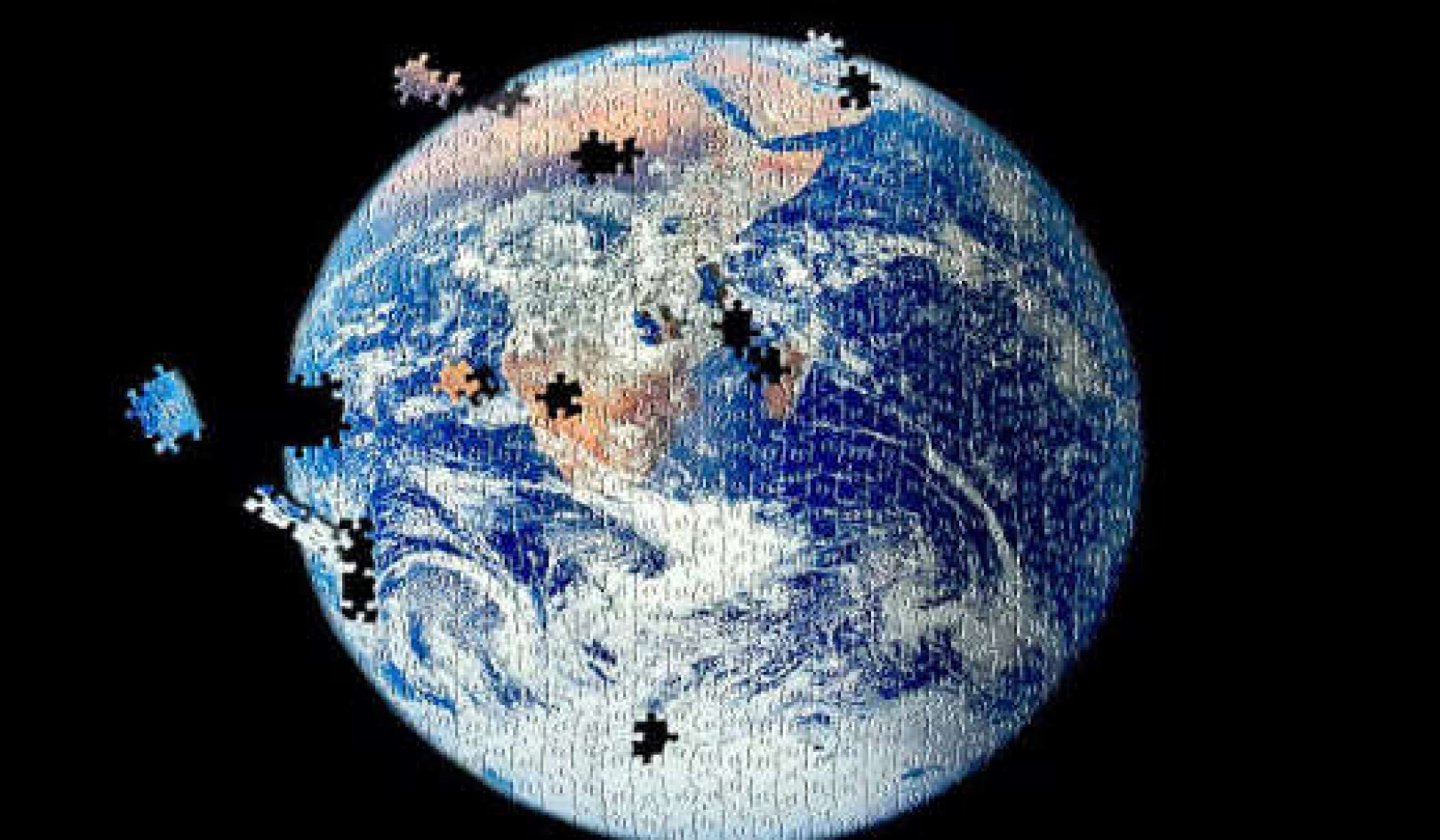
How To Best Understand The Future Of Climate Change
It’s a common argument among climate deniers: scientific models cannot predict the future, so why should we trust them to tell us how the climate will change?
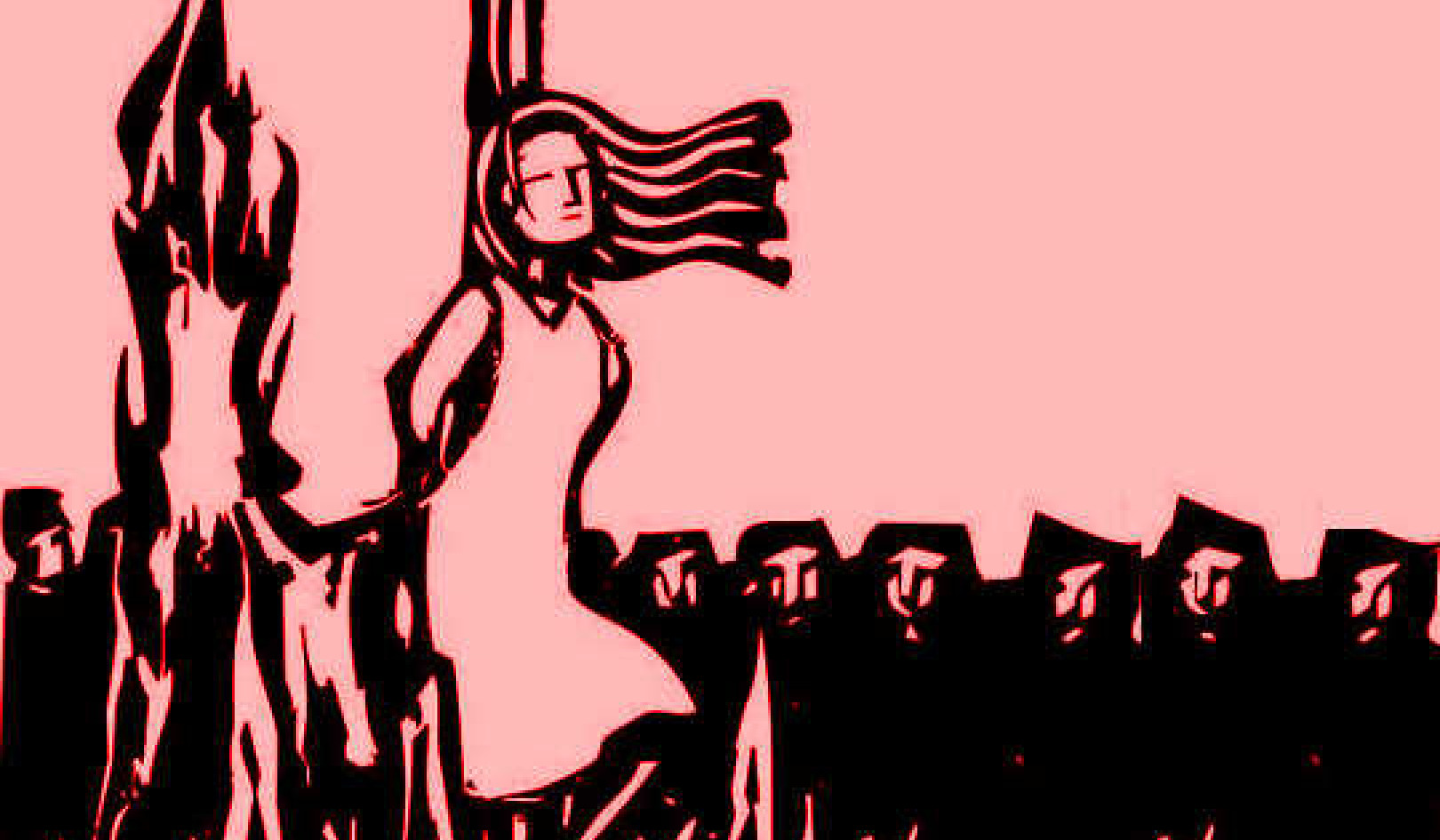
Most Witches Are Women, Because Witch Hunts Were All About Persecuting The Powerless
“Witch hunt” – it’s a refrain used to deride everything from impeachment inquiries and sexual assault investigations to allegations of corruption.
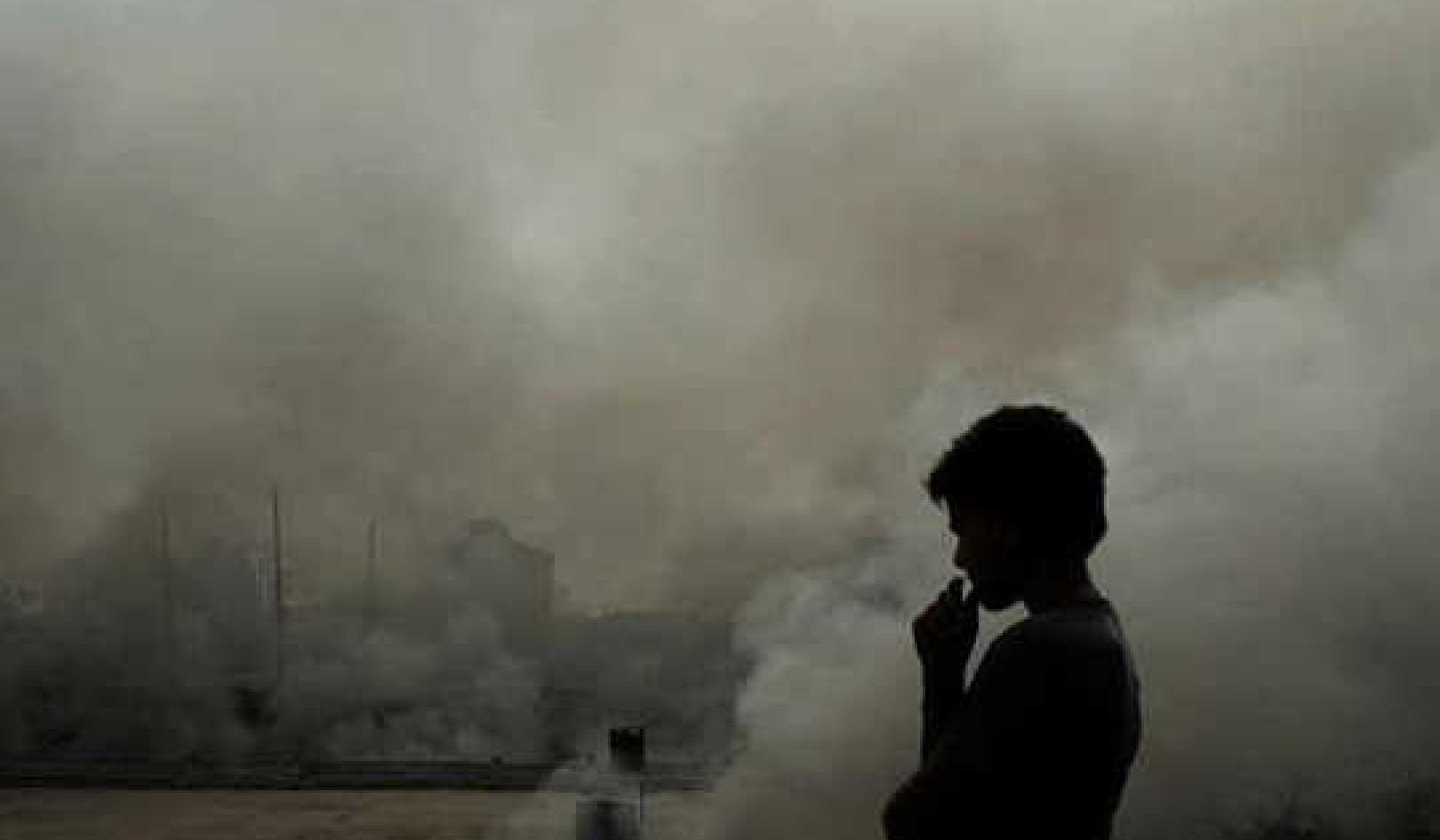
How Air Pollution Exposure May Lead To Autism
Researchers have previously linked air pollution exposure—particularly traffic-related air pollution—to a higher risk of autism, but new research may have an answer for how that relationship works.
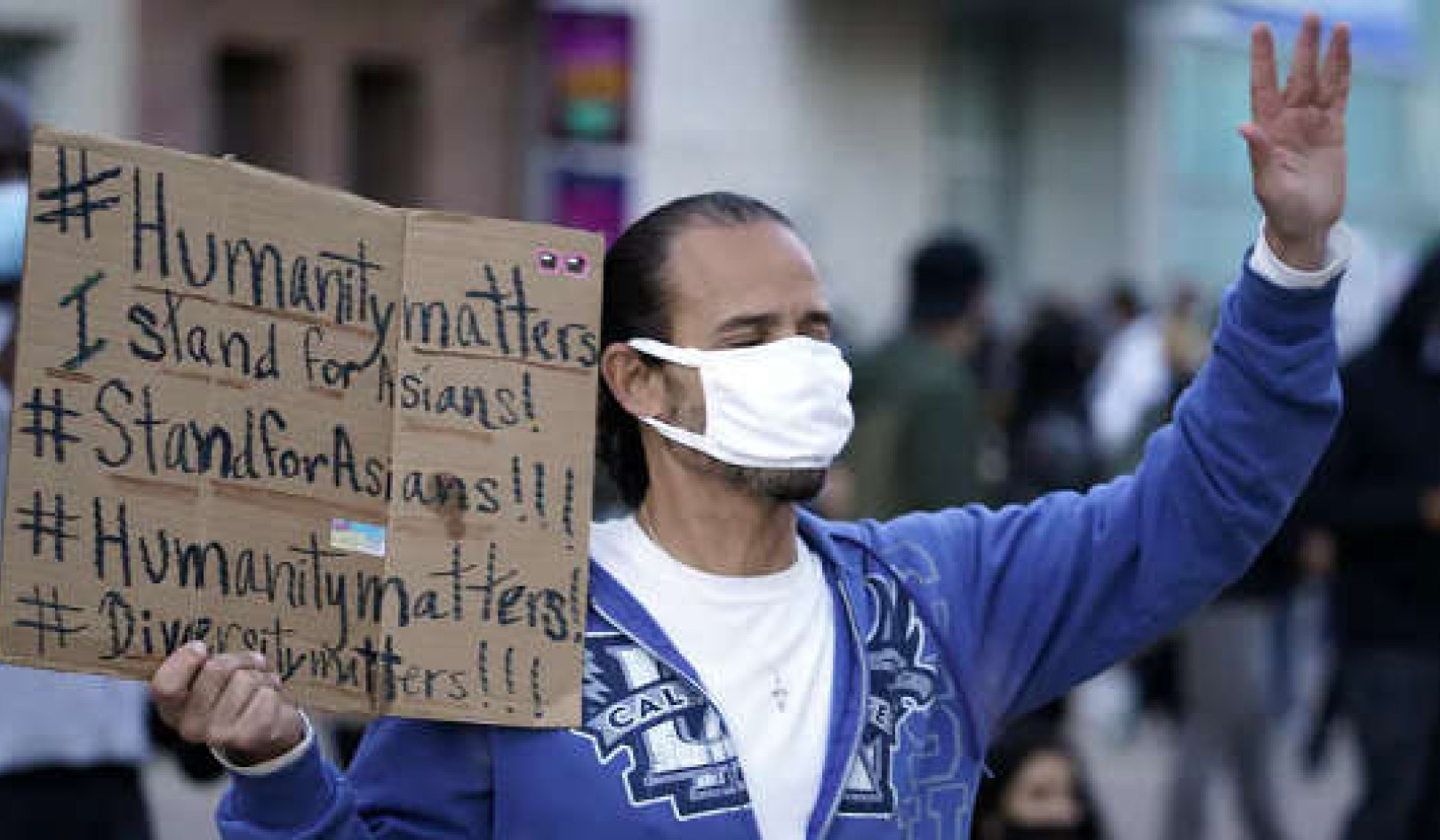
Do The Atlanta Attacks Painfully Reflect The Society We Live In?
The targeted killing of eight women in Atlanta, six of them Asian, is a brutal result of decades-long exclusion and oppression, legitimized in law and colonial reverberations, that allow a...
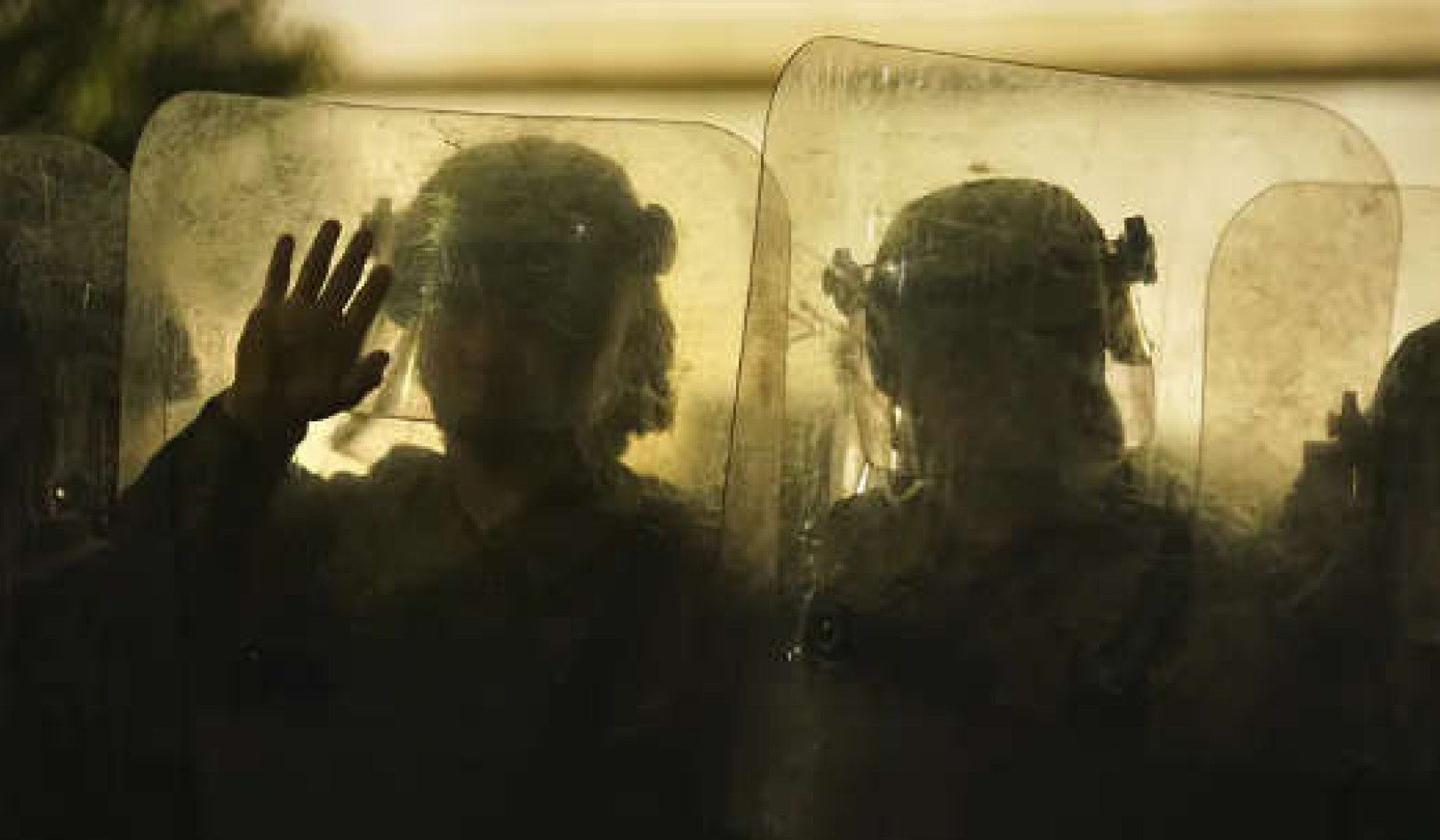
Defund The Police? Instead, End Toxic Masculinity and ‘Warrior Cops’
The police officer charged with murder in the death of George Floyd is currently on trial in Minneapolis amid continued calls for defunding or abolishing police forces — not just in the United...




















